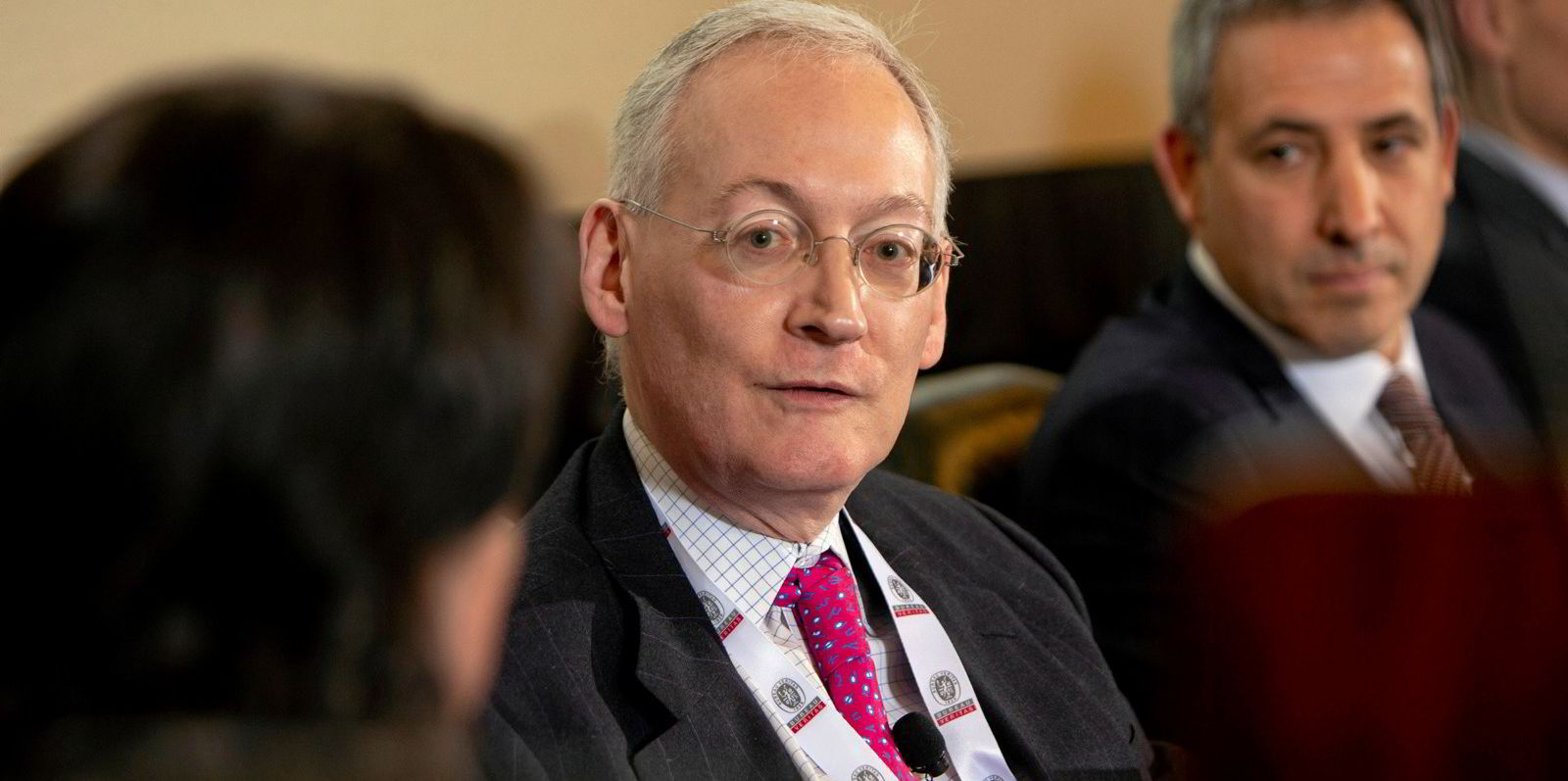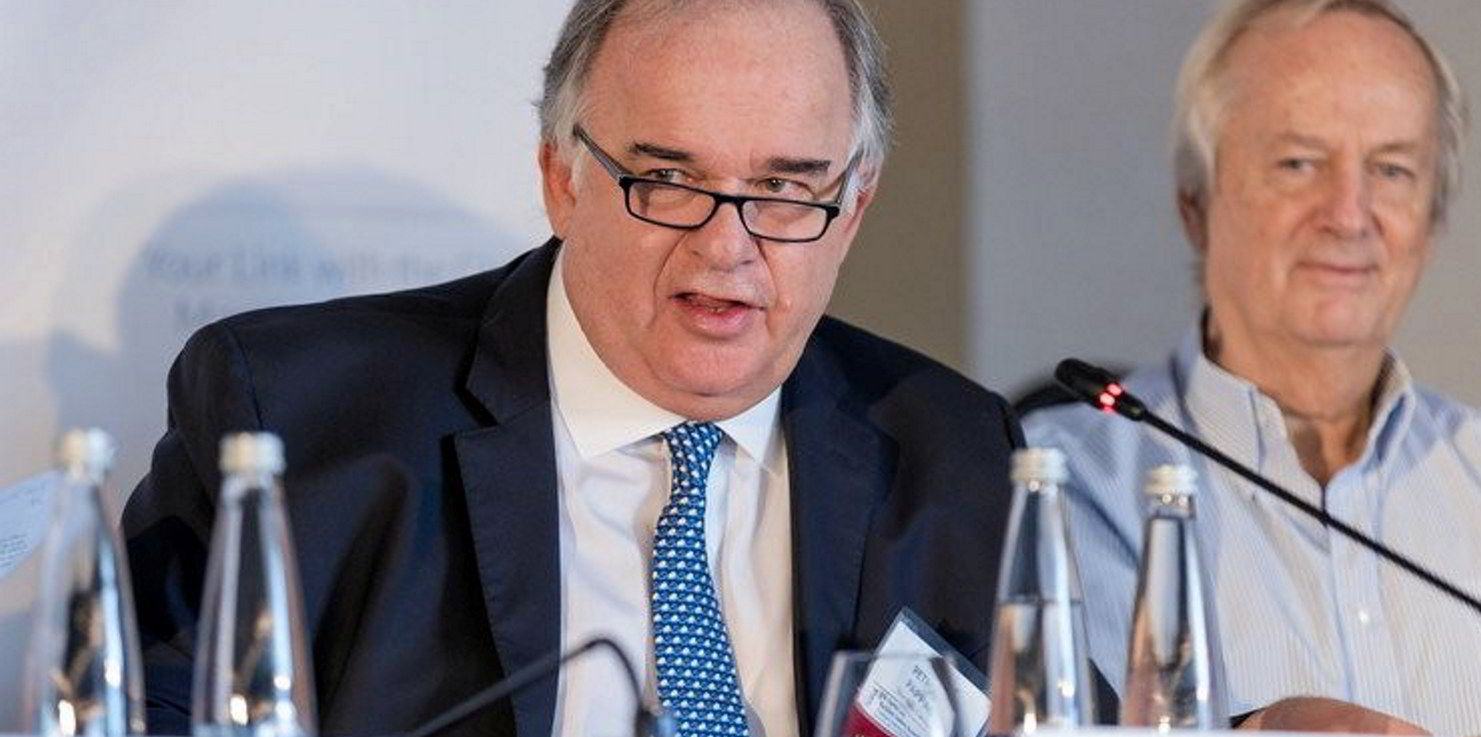With another earnings season set to kick off later this month, as ever some shipowners and their investors will have more to look forward to than others. But regardless of the operating sector, those who have equipped their fleets with exhaust gas scrubbers will stride into earnings season with a little extra bounce in their step.
Amid much sound and fury over the environmental aspects of complying with the IMO 2020 sulphur-cap regulations, shipowners had a stark choice to make ahead of January 2020.
Some opted to simply switch to very low-sulphur fuel oil (VLSFO) while others elected to stick with high-sulphur fuel oil (HSFO) by installing the exhaust-cleaning devices.
While the environmental impact of those choices is a matter of debate, the economics are not. Those who opted for scrubbers are reaping the benefits of a sharp investment.
Deutsche Bank analyst Amit Mehrotra laid out the issue in a recent research note on Star Bulk Carriers, the giant Greek shipowner that opted to install scrubbers on 95% of its 128-strong fleet.
Star Bulk already has recouped the cost of its investment and significant premiums are flowing directly to its bottom line, especially with the current spread between VLSFO and HSFO rising in 2022 to $500 or more per tonne in the bunkering hub of Singapore.
“We are also becoming increasingly optimistic about near- to mid-term earnings and cash flow, reflective of scrubber economics that we believe market participants are not fully appreciating,” Mehrotra wrote.
Star Bulk has benefited from a shortage of bunkering barges that have pushed the VLFSO-HSFO spread close to $600 per tonne in Singapore, where it sources 75% of its fuel.
Even with weaker rates for capesizes, the biggest ships in its fleet, the bulker owner stands to earn premiums ranging from 40% to 115% depending on when a vessel was fuelled, Deutsche Bank said.
Star’s tanker equivalent?
Mehrotra is a big fan of Star Bulk, but not so much of Scorpio Tankers, which might be considered Star Bulk’s equivalent company in the clean product sector. The analyst has criticised what he sees as Scorpio’s excessive debt and poor stewardship of capital.
But while there was no cheery research note, Scorpio is benefiting not only from a long-awaited recovery in the product sector, but also from similar scrubber dynamics to those detailed for Star Bulk.
Scorpio has 87 tankers fitted with scrubbers as of May, including 48 MRs and 39 LR2s.
James Doyle, head of corporate development and investor relations at Scorpio, said: “With earnings approaching, we can’t disclose our current daily savings, but they are not necessary to recognise the significant returns.”
Scorpio paid between $2m and $2.5m per vessel for the installations, with many financed at 60% to 70% of their cost, “generating a very healthy return on equity,” he said.
“While VLSFO-HSFO spreads have been quite volatile, our view on scrubbers hasn’t changed — there are limited uses for HSFO outside of bunkers and power generation in the Middle East, and significant competition for distillate molecules such as diesel and jet going into the VLSFO pool,” he said.
“This should lead to wide — or healthy — VLSFO-HSFO spreads, at least for the next few years, and generate strong daily savings and returns on our investment.”
Premium doubled
As Doyle suggested, there has been volatility in fuel spreads, which were disappointingly low for scrubber users within a Covid-wracked 2020.
According to Clarksons’ Shipping Intelligence Network, the 2020 premium for a non-eco LR2 was $3,528 per day and $2,160 for a non-eco MR.
Scorpio’s fleet is weighted towards eco tonnage, which consumes less fuel, implying a slightly smaller premium.
The corresponding figures in a lower 2021 rates environment were $3,067 per day for an LR2 and $2,425 for an MR.
But, year to date, they have more than doubled to $7,340 per day for LR2s and $5,076 for MRs.

Are these types of premiums being “fully appreciated,” to use Mehrotra’s words, by buyers of the stock? It’s hard to tell. But the company's share price rose 163% during the first half of the year — the most among all New York-listed shipping companies.
Certainly, Scorpio’s case was helped by a 74.7% rise in the Baltic Clean Tanker Index in the second quarter.
But if that was the engine for the rally, scrubbers may prove to be the turbo boost.
Read more
- Scrubbers have become Star Bulk’s secret weapon in weaker capesize market
- Streetwise: Tanker shares were a bright spot in a dark stock market in year’s first half
- Streetwise: Stars align for shipping’s alternative financiers
- Star Bulk profit up nearly five-fold on back of best first quarter since 2009
- Only two of 22 listed bulker owners earned above-market rates in 2021, but there’s a good reason




